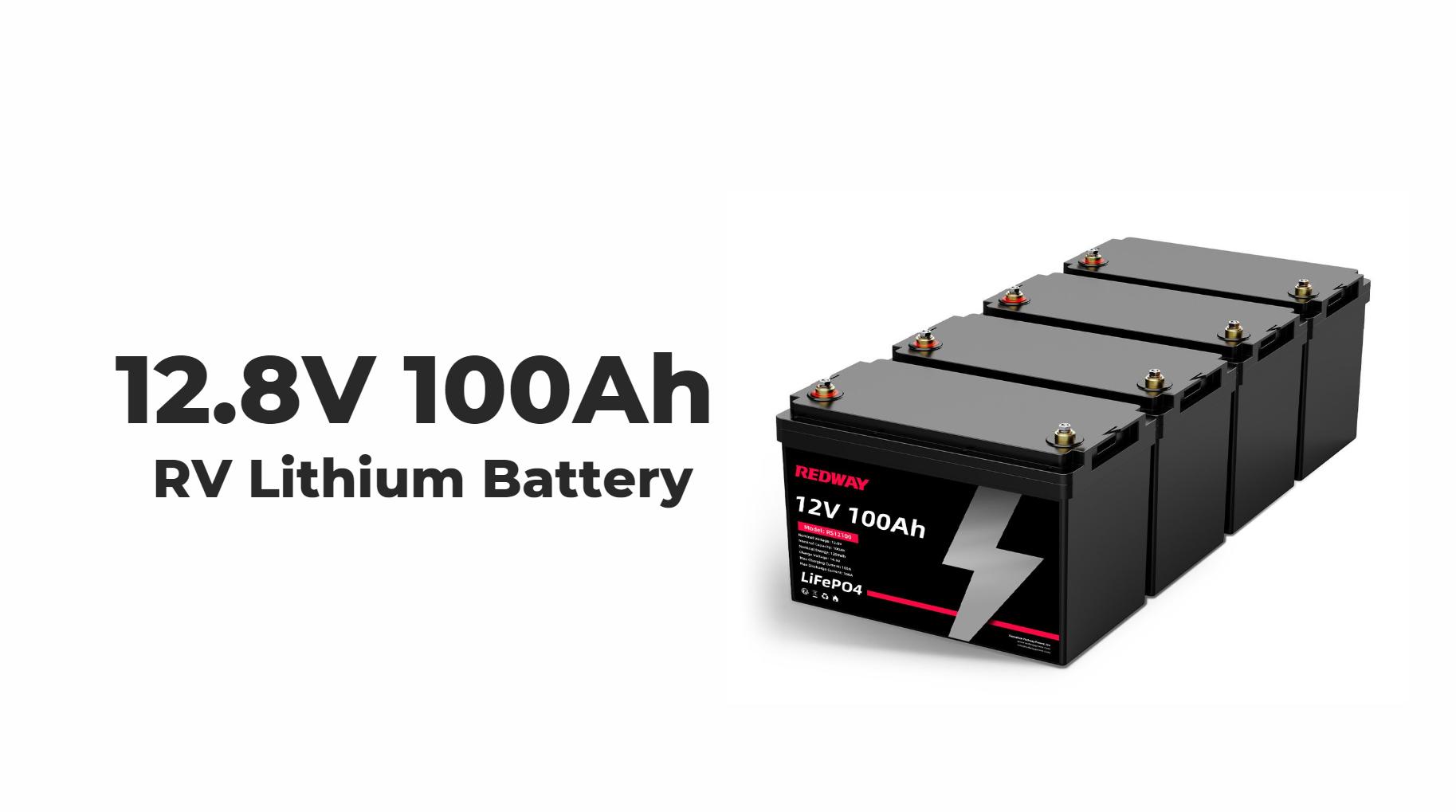Yes, many batteries can be used repeatedly, particularly rechargeable batteries such as lithium-ion and nickel-metal hydride (NiMH) batteries. These batteries are designed to endure multiple charge and discharge cycles, making them ideal for devices like smartphones, laptops, and electric vehicles. Proper care and maintenance can significantly extend their lifespan.
Understanding Rechargeable Batteries
1. Types of Rechargeable Batteries
Rechargeable batteries come in various types, each with unique characteristics:
- Lithium-Ion (Li-ion): Known for high energy density and lightweight design, these batteries are commonly used in consumer electronics and electric vehicles.
- Nickel-Metal Hydride (NiMH): Often found in hybrid vehicles and rechargeable AA/AAA batteries, NiMH batteries offer good performance but have a lower energy density compared to Li-ion.
- Lead-Acid: While primarily used in automotive applications, lead-acid batteries can also be recharged but have a shorter cycle life compared to lithium-based options.
2. Lifespan and Cycle Life
The lifespan of a rechargeable battery is measured in charge cycles. A cycle is defined as one complete discharge followed by a full recharge.
- Lithium-Ion Batteries: Typically last between 500 to 1500 cycles, depending on usage patterns and charging habits.
- NiMH Batteries: Generally last around 300 to 500 cycles.
- Lead-Acid Batteries: Usually last about 200 to 300 cycles.
Benefits of Rechargeable Batteries
1. Cost-Effectiveness
Rechargeable batteries can be more economical over time. Although the initial investment is higher than disposable batteries, their ability to be reused multiple times leads to significant savings.
2. Environmental Impact
Using rechargeable batteries reduces waste generated from single-use batteries. This contributes to a lower environmental footprint, as fewer resources are consumed in manufacturing and disposal.
3. Performance Consistency
Rechargeable batteries often provide consistent power output throughout their lifespan, ensuring devices operate efficiently without sudden drops in performance.
Comparison of Battery Types
| Battery Type | Rechargeable | Typical Lifespan (Cycles) | Applications |
|---|---|---|---|
| Lithium-Ion | Yes | 500 – 1500 | Smartphones, EVs, laptops |
| Nickel-Metal Hydride | Yes | 300 – 500 | Hybrid vehicles, household items |
| Lead-Acid | Yes | 200 – 300 | Automotive, UPS systems |
| Alkaline | No | N/A | Single-use devices |
Latest News
Recent advancements in battery technology highlight the ongoing innovations aimed at improving performance and sustainability:
- Researchers are developing new lithium-ion chemistries that promise longer lifespans and faster charging capabilities.
- Solid-state battery technology is gaining traction as a safer alternative with higher energy densities.
- Companies are focusing on recycling programs for lithium-ion batteries to minimize environmental impact and recover valuable materials.
Redway Expert Comment
“As experts in lithium LiFePO4 technology at AAA Battery, we affirm that rechargeable batteries offer significant advantages over single-use options. Our LiFePO4 batteries are designed for longevity and efficiency, capable of being reused thousands of times with proper care. This not only reduces waste but also provides users with reliable power solutions for various applications.”
Best Practices for Extending Battery Life
1. Proper Charging Habits
To maximize the lifespan of rechargeable batteries:
- Use chargers specifically designed for your battery type.
- Avoid overcharging; disconnect the charger once fully charged.
- Charge your battery when it reaches around 20% capacity instead of letting it fully discharge.
2. Temperature Management
Store and use your batteries within the recommended temperature range. Extreme temperatures can negatively impact performance and lifespan.
3. Regular Maintenance
Perform regular checks on your battery’s health by monitoring its voltage and capacity. This proactive approach can help identify issues before they lead to significant degradation.
Conclusion: Can a Battery Be Used Again and Again?
In conclusion, many rechargeable batteries can indeed be used repeatedly, offering significant advantages in terms of cost-effectiveness, environmental impact, and performance consistency. By understanding the different types of rechargeable batteries available and following best practices for maintenance, users can ensure optimal performance throughout their lifespan.As technology continues to evolve, we can expect further enhancements in battery technology that will improve longevity and efficiency even more.
FAQs
How do Lithium LiFePO4 batteries compare to other battery types in terms of longevity?
Lithium LiFePO4 batteries excel in longevity, offering over 4,000 charge cycles, significantly outlasting traditional lead-acid batteries (typically around 300-500 cycles) and even other lithium-ion variants. This extended lifespan translates to approximately 10 years of reliable use, making them a cost-effective choice for long-term applications.
What are the main benefits of using Lithium LiFePO4 batteries in golf carts?
The key benefits of Lithium LiFePO4 batteries in golf carts include longer lifespan (up to 10 years), lightweight design for improved maneuverability, faster charging times, and consistent power output. They also require less maintenance compared to lead-acid batteries, reducing overall operating costs and enhancing performance.
How does the performance of Redway Battery‘s lithium LiFePO4 batteries impact their overall efficiency?
Redway Battery’s lithium LiFePO4 batteries are engineered for high performance and efficiency, featuring advanced battery management systems (BMS) that optimize charging and discharging processes. Their rapid charging capability and stable voltage output enhance overall energy efficiency, making them ideal for demanding applications.
What are the key differences between lithium LiFePO4 batteries and traditional lead-acid batteries?
Key differences include lifespan (LiFePO4 lasts over 4,000 cycles vs. 300-500 for lead-acid), weight (LiFePO4 is significantly lighter), maintenance needs (LiFePO4 requires virtually none), and safety features (LiFePO4 has a lower risk of thermal runaway). Additionally, LiFePO4 batteries have a higher energy density and faster charging times.
How does the manufacturing process of lithium LiFePO4 batteries at Redway Battery ensure quality?
Redway Battery employs stringent quality control measures throughout its manufacturing process. By using high-quality CATL/EVE Grade-A lithium cells and incorporating smart BMS technology, they ensure each battery meets rigorous performance standards. Continuous investment in research and development further enhances the quality and innovation of their products.



